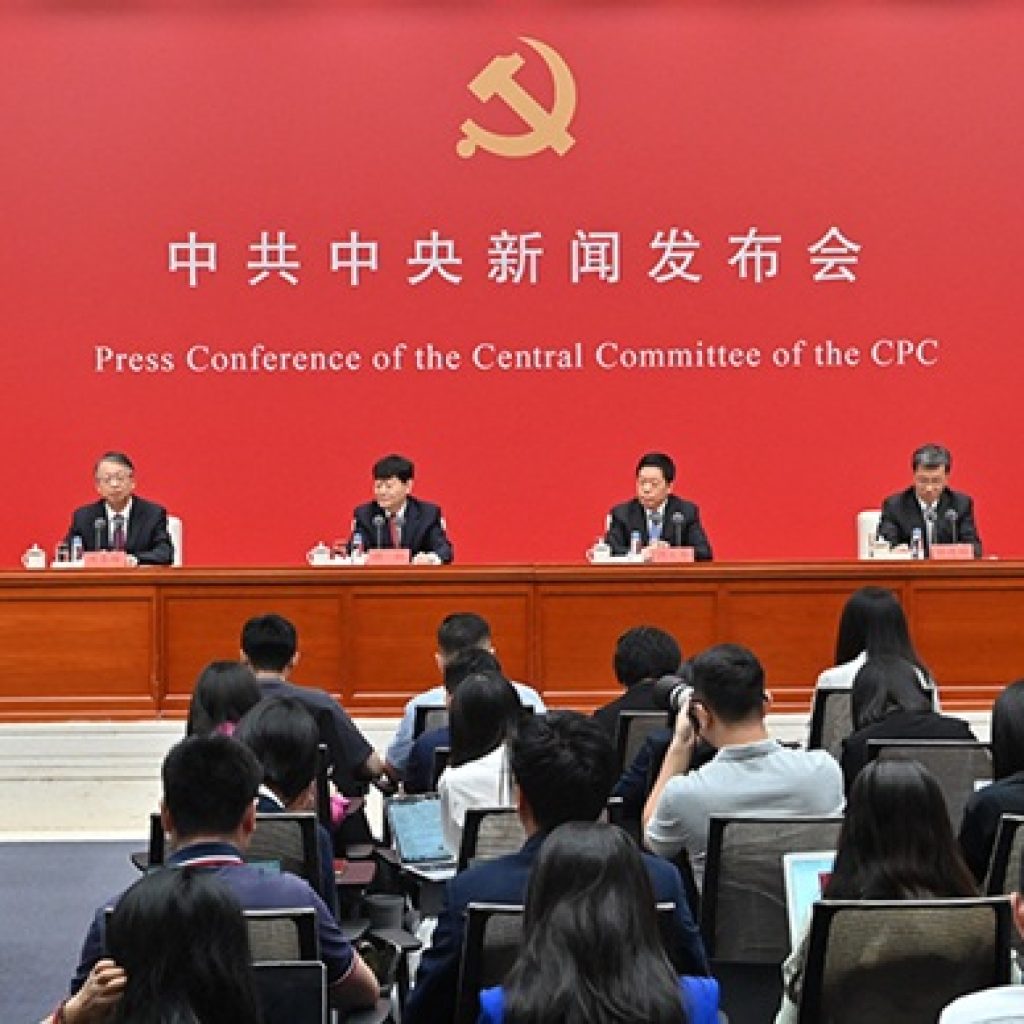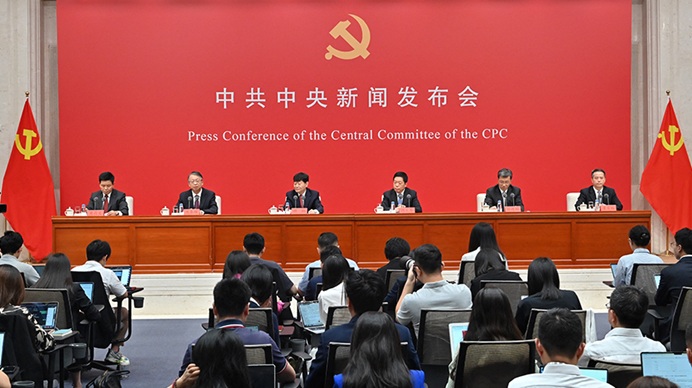China’s Brutal Lesson for Africa’s Broken Democracy
Let’s be honest. At this point, Africa’s version of democracy has become a grotesque reality show — a festival of incompetence dressed in campaign regalia. Every five years, we cast ballots not for visionaries or economists or nation-builders, but for whoever can shout the loudest at a rally, hand out the most T-shirts, or dance awkwardly to a trending TikTok song.

And what do we get in return? Fuel queues. Collapsing hospitals. Nepotism. Broken roads and broken promises. A generation of leaders whose only qualification seems to be surviving scandals. Malawi is no exception. In fact, we may well be the cautionary poster child.
But what if, just for a moment, we dared to consider an alternative — not the West’s tired model of electoral pageantry, but something far more radical… and dare I say, effective?
Enter China. No Presidential Elections. No Chaos. Just Results.
In China, the average citizen doesn’t wake up and say, “I’m going to vote for my president.” Why? Because you don’t vote for the Chinese president. He’s not selected by the masses. He’s selected by the Chinese Communist Party — a body so elite, it makes Harvard’s admissions office look like an open mic night.
To get into the CCP, you don’t need charm or a slogan. You need a proven track record. Competence. Vision. Loyalty. Discipline. You need to have done something. Run a province. Managed a crisis. Shaped a policy. You earn power through merit, not microphones.
Meanwhile, in Malawi (and much of Africa), we romanticize democracy as the cure for all our woes. But let’s face it: our ballot boxes have birthed a generation of mediocre men (yes, mostly men) whose leadership has led us into a deeper hole than colonialism ever did.
If you want a case study in why this system is failing, look no further than the list of contenders for Malawi’s highest office next September.
Ask yourself: Are these really the best leaders this country of 20 million people has to offer?
Let’s break it down.
- One candidate is a career preacher. He spent 24 years at the pulpit but did not leave behind a single revolutionary movement within the church. No groundbreaking doctrine. No theological innovation. Not even a powerful book. He quoted Scripture. That’s it.
- The second is a university law professor. A lifetime of teaching and yet — no published legal commentary worth citing, no influential judicial reforms, no new theory to his name. Just a dusty chalkboard and decades of academic inertia.
- The third is a former Reserve Bank Governor. You’d think, given the economic chaos Malawi faces, he’d be the visionary we need. But during his tenure, there was no policy revolution. No creative monetary intervention. Just bureaucratic drift.
- And the fourth? Well, he’s the son of a former president. That alone is apparently enough these days. The surname is his campaign.
If Malawi’s presidency were an elite leadership program, these gentlemen wouldn’t even pass the first screening round. Yet here they are — vying to run a country.
“Democracy” Isn’t Working When Everyone Can Be President
At what point do we admit that a system where anyone — and I mean anyone — can become president isn’t working? You can be broke, clueless about economics, allergic to facts, and still stand for election. All you need is a borrowed suit, a catchy song, and a few brown envelopes.
China doesn’t play that game. There, you don’t get near the corridors of power unless you’ve proven that you can run something. Like an economy. Or a mega-city. Or a military region. By the time someone reaches the presidency in China, they’ve been screened more thoroughly than an astronaut entering orbit.
Yes, it’s not democratic in the Western sense. But it’s functional. And in a continent plagued by dysfunction, function should be our starting point.
Four Things Africa Can Learn From the Chinese Model
1. Competence Over Popularity
China doesn’t care if you can dance at a rally. They care if you can manage a trade war, run a multibillion-dollar province, or steer the country through a pandemic. Meanwhile in Malawi, we elect former radio DJs and failed businessmen — then act surprised when we get potholes instead of policy.
2. Elites Are Not the Enemy — They’re a Necessity
Africa fears “elites” as if the word itself is a crime. But if we want elite infrastructure, elite schools, elite economies — we need elite minds at the helm. China grooms its future leaders. Africa grooms slogans.
3. Stability Beats Election Fever
While China plans for the next 100 years, Africa plans for the next election cycle — or the next donor conference. Every new president undoes what the last one did, and we call it “change”. But real change requires continuity. Real development needs time, not campaign timetables.
4. Vision Over Vibes
China has one long-term vision. Africa has dozens of manifestos that get abandoned faster than their campaign buses. In China, when the state decides to build a high-speed rail line, it gets done. In Malawi, we struggle to repair a single road between two cities without a “launch”, “relaunch” and a “relaunch of the relaunch.”
So Am I Saying?
No, I’m not saying Africa should become a one-party state or abandon human rights. Let’s not twist nuance into nonsense.
But maybe — just maybe — we need to stop fetishizing elections as the ultimate measure of freedom, especially when they repeatedly hand power to the most unqualified candidates.
We don’t just need democracy. We need intelligent democracy. We need structures that reward brains, not bravado. Strategy, not slogans.
Until then, we remain stuck in a loop of recycled failure — shouting “power to the people” as the lights go out, again. China may not be perfect. But at least they’re not governed by vibes. And that, dear #Malawi, is something worth thinking about.


